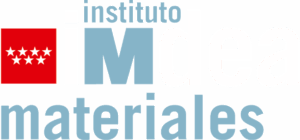FYA de Rafael Thomey titulado «Investigating and Addressing Degradation Mechanisms in 100% Silicon Nanowire Anodes for Lithium-Ion Batteries» – 23 de julio de 2025 a las 12:00 en el auditorio.
Resumen: This thesis investigates key challenges in the development of next-generation lithium-ion batteries by using a fully silicon-based nanowire anode as a model system. The work focuses on understanding the mechanisms responsible for capacity fading—such as SEI instability, mechanical degradation,

